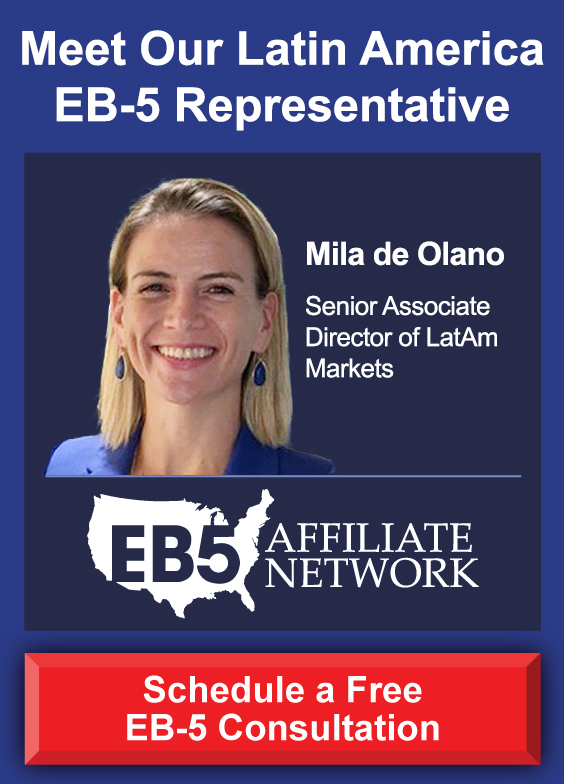
A life in the United States is a bright prospect for foreign nationals around the globe, but most wouldn’t dream of relocating without their family. Fortunately, the EB-5 Immigrant Investor Program allows investors to include their spouse and unmarried children below the age of 21 on their I-526 petition, making the whole family eligible for U.S. permanent resident status. The EB-5 offers various benefits to families, making it ideal for young families looking to offer their children the best, brightest future possible.
The first hurdle to overcome in the EB-5 process is I-526 approval. Form I-526 is the initial petition an EB-5 investor files, and it officially launches their EB-5 journey. On the I-526 petition, the investor must demonstrate that they have invested the appropriate amount of capital in their EB-5 project—either $1.8 million or $900,000, depending on the targeted employment area (TEA) status of the project. They must furthermore provide evidence of the lawful sources of their EB-5 capital.
Once the investor receives approval for their I-526 petition, they may apply for their EB-5 visa, assuming they have a “current” final action date in the monthly Visa Bulletin. The investor and any immediate family members—spouse and unmarried children under 21—apply for their U.S. green cards simultaneously. Each applicant may be required to fill out forms, submit specific documentation, undergo a medical examination, receive vaccinations, and pay application fees. Once the National Visa Center (NVC) receives a foreign national’s visa application, it provides them with a time and date for their visa interview, which determines their eligibility for a U.S. green card.
Upon receiving visas, the EB-5 investor has a certain amount of time to enter the United States. The investor must enter either before or at the same time as their family members. Initially, EB-5 investors and their immediate family members receive conditional permanent resident status, which expires after two years. To remove the conditions and obtain indefinite permanent resident status, the EB-5 investor must file an I-829 petition within 90 days before their conditional permanent resident status expires. In the petition, the investor must provide evidence that their EB-5 investment met the requirements of the EB-5 program, most importantly the creation of at least 10 full-time jobs for U.S. citizens and residents.
It’s important to note that conditional permanent resident status is only conditional in terms of length—during their two years of conditional permanent residency, EB-5 investors and their family enjoy all the same rights and freedoms as any other U.S. green card holder. They may live, work, study, travel, and conduct business anywhere in the United States.
Children Who Are Ineligible for the EB-5 Program
United States Citizenship and Immigration Services (USCIS) employs a narrow definition of “child,” excluding married or adult children from the definition. So, if an EB-5 investor would like to bring their married or adult child to the United States, their only option is to live as a permanent resident in the United States for five years, apply for U.S. citizenship, and sponsor their child as a citizen.
To bring an ineligible child to the United States faster, parents may consider donating EB-5 funds to their child so they can make their own EB-5 investment. In fact, this is a common route for young EB-5 investors—in some cases, the parents don’t even wish to immigrate themselves and simply want to give their child the gift of a bright future in the United States.
The EB-5 program is a particularly attractive option to prospective students who wish to study at one of the many world-renowned universities in the United States. An EB-5 visa offers prospective students an easier admissions process and potential in-state tuition savings, depending on their university of choice. It also allows them to pursue unrestricted employment opportunities during and after college and alleviates the pressure international graduates have to immediately find an employer willing to sponsor them to maintain immigration status in the United States.











